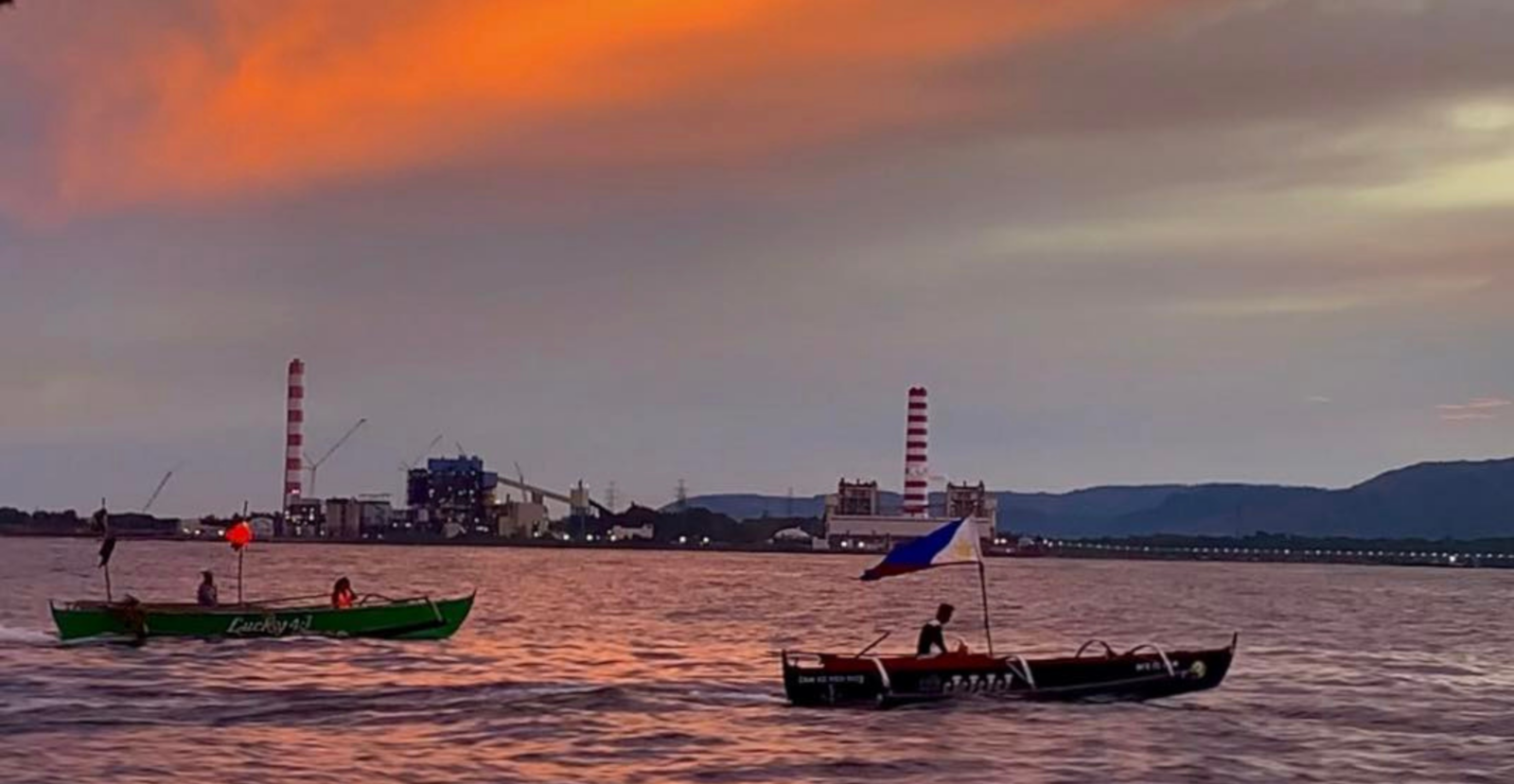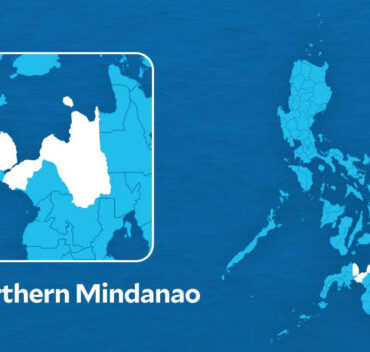PH-US drills disrupt fishers’ livelihood in Zambales

SAN ANTONIO, ZAMBALES—At a time when the sea promises its most abundant catch, fisherfolk in this coastal town have been forced to dock their boats due to a sudden fishing ban linked to the ongoing “Balikatan” (“shoulder-to-shoulder”) military exercises between the Philippines and the United States.
Frederick Cachuela, 49, a local fisherfolk, said they were only informed of the ban on Thursday, just a day before it was enforced.
“The catch was just starting to improve, then suddenly we’re not allowed to go out. What are we supposed to eat in the coming days?” he told the Inquirer in Filipino.
Cachuela, along with other fishermen, said the ban came without proper consultation.
“What makes it worse is that after the ban, we’re expecting rough seas. That’s five days without income,” he added.
Albert Navilla, 37, who also works as a boat operator for tourists, shared a similar experience.
He said they were told they could go out between 5 a.m. and 9 a.m. on Thursday, but when they reached Camara Island, the Philippine Coast Guard (PCG) turned them back.
“They haven’t even started the drills, and we’re already affected. The fish are gone,” Navilla said, noting that even before the start of the exercises, US submarines had been spotted in the waters.
Safety reasons
For three days, from April 25 to 27, fishing and related livelihood in the towns of San Antonio, San Narciso, San Felipe, Cabangan, Botolan and Subic are halted for safety reasons, according to Cmdr. Euphraim Jayson Diciano, PCG Zambales chief.
While only San Antonio is hosting missile defense activities, the no-sail zone was extended “as a conservative estimate” to ensure public safety. Diciano said local governments and fisherfolk organizations had been properly notified.
The Balikatan exercises, which began on April 21, involve about 17,000 troops from both countries and include live-fire drills near civilian fishing grounds.
Ronnel Arambulo, vice chair of the fisherfolk group Pamalakaya, denounced the disruption, calling it unacceptable.
April to June is peak fishing season for Zambales fisherfolk, according to Arambulo.
“This is when the sea is most generous. Halting fishing now is a direct blow to our communities,” he said.

















